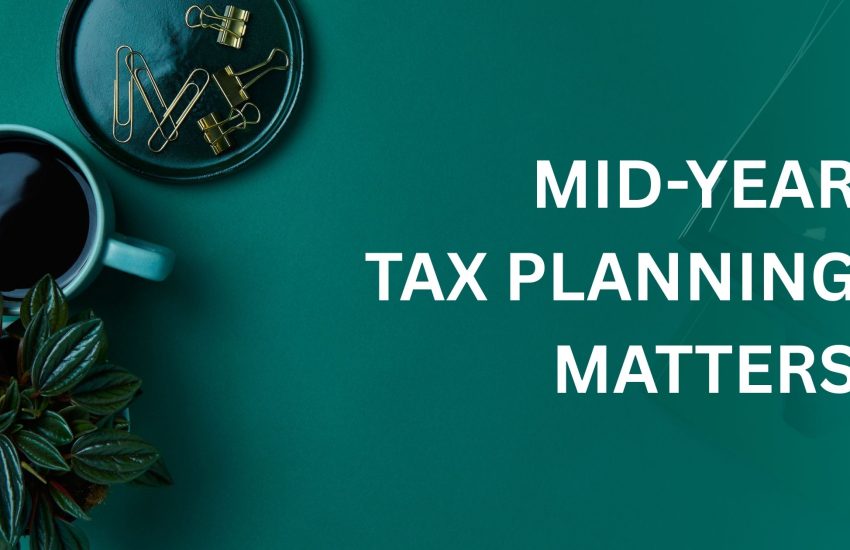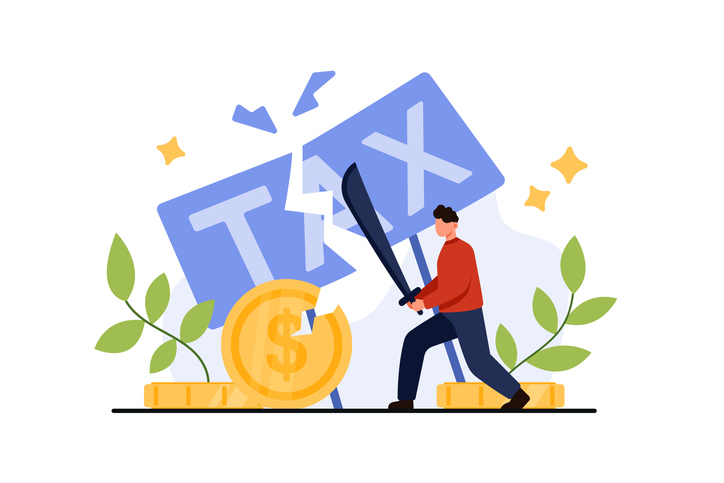Mastering Depreciation: Essential Tips
Dear client,
We understand that managing your business’s finances can sometimes feel like navigating a complex maze. That’s why we’re here to simplify one important aspect: depreciation and amortization. These concepts might sound intimidating but understanding them can greatly benefit your bottom line by reducing taxable income.
So, what exactly are depreciation and amortization, and how can they work for you? Let’s break it down in simple terms.
Depreciation:
When your business purchases assets such as equipment, machinery, vehicles, or buildings, these assets typically lose value over time due to wear and tear, aging, or obsolescence. Depreciation allows you to spread out the cost of these assets over their useful lives, rather than deducting the entire cost in a single year.
For example, let’s say you purchase a delivery van for $50,000. Instead of deducting the full $50,000 in the year of purchase, you can depreciate the van’s cost over its estimated useful life, typically determined by IRS guidelines. This gradual deduction reduces your taxable income each year, providing you with valuable tax savings.
There are two depreciation methods:
- Book: based on assets life, this strengthens financial statements for banking purposes.
- Accelerated: based on tax laws, this allows you to accelerate the depreciation for tax purposes.
Amortization:
Similar to depreciation, amortization is the process of spreading out the cost of intangible assets, such as patents, copyrights, trademarks, or goodwill, over their useful lives. Intangible assets don’t physically wear out like tangible assets, but they still lose value over time.
For instance, if your business acquires a patent for $100,000, you can amortize the cost of the patent over its estimated useful life, typically determined by accounting standards. By amortizing the cost over time, you can reduce your taxable income and improve your cash flow.
Why Does It Matter?
Understanding depreciation and amortization matters for several reasons:
- Tax Savings: By depreciating or amortizing assets, you can lower your taxable income, which means you pay less in taxes. This frees up more cash to reinvest in your business or pursue growth opportunities.
- Accurate Financial Reporting: Properly depreciating and amortizing assets ensures that your financial statements accurately reflect the true value of your business’s assets and liabilities, which is essential for making informed decisions and attracting investors.
How Can We Help?
Navigating depreciation and amortization rules can be daunting, but you don’t have to do it alone. At W. E. Stevens, P.C., our team of experts specializes in helping businesses like yours maximize tax benefits and optimize financial strategies.
We can assist you in:
– Determining the optimal depreciation methods for your assets.
– Ensuring compliance with IRS regulations and accounting standards.
– Providing strategic advice on timing asset purchases to maximize tax benefits.
– Reviewing your financial statements to ensure accurate reporting.
By partnering with us, you can rest assured that your business’s finances are in capable hands, allowing you to focus on what you do best: running and growing your business.
In conclusion, understanding depreciation and amortization is essential for maximizing tax benefits and managing cash flow effectively. If you have any questions or would like to explore how we can help you navigate these concepts, please don’t hesitate to contact us at (402) 932-8815.
Sincerely,
W. E. Stevens, P.C.
serving our clients with focused intentionality, professionalism, and timeliness



